MUSIC
Subject Leader – MISS JONES
Music at Perry Hall
At Perry Hall, music enables children to explore and experiment with different sounds, rhythms and dynamics. Children can create, listen to and appraise music and have the opportunity to appreciate different cultures and traditions by showing an understanding of the world from a musical perspective. Our music curriculum gives children the opportunity to learn and listen to a range of different music and engage in both practical and theory-based learning, whilst joining in with extra-curricular musical opportunities, if they choose to do so.
We work closely with the Wolverhampton Music School in delivery of our music curriculum, enabling our children to have exposure to specialist teachers in either instrumental or vocal music across the year. We deliver our music curriculum through Charanga which follows a spiral approach to musical learning, with children revisiting, building and extending their knowledge and skills incrementally. In this manner, their learning is consolidated and augmented, increasing musical confidence and enabling children to go further.
- By the time our children leave us, our aim is for them to be confident in appraising, understanding and making music and have a secure understanding of the different elements of music. We also want children to have had fun in their music lessons and to have made many memories doing so.
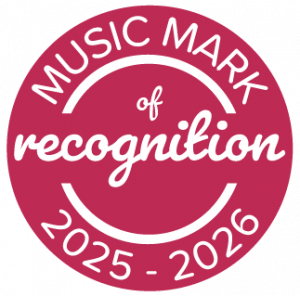
Click here for our School music development plan
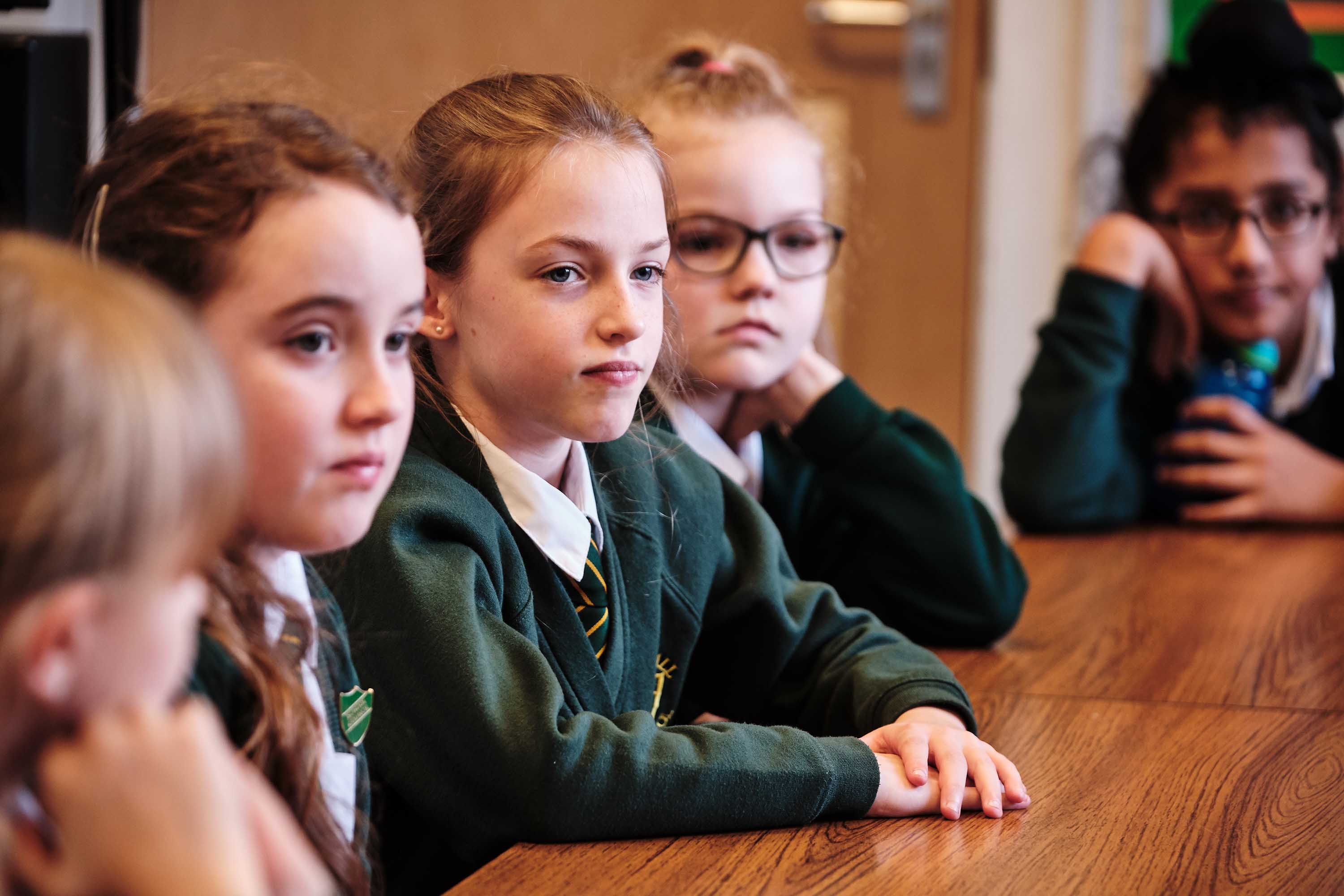
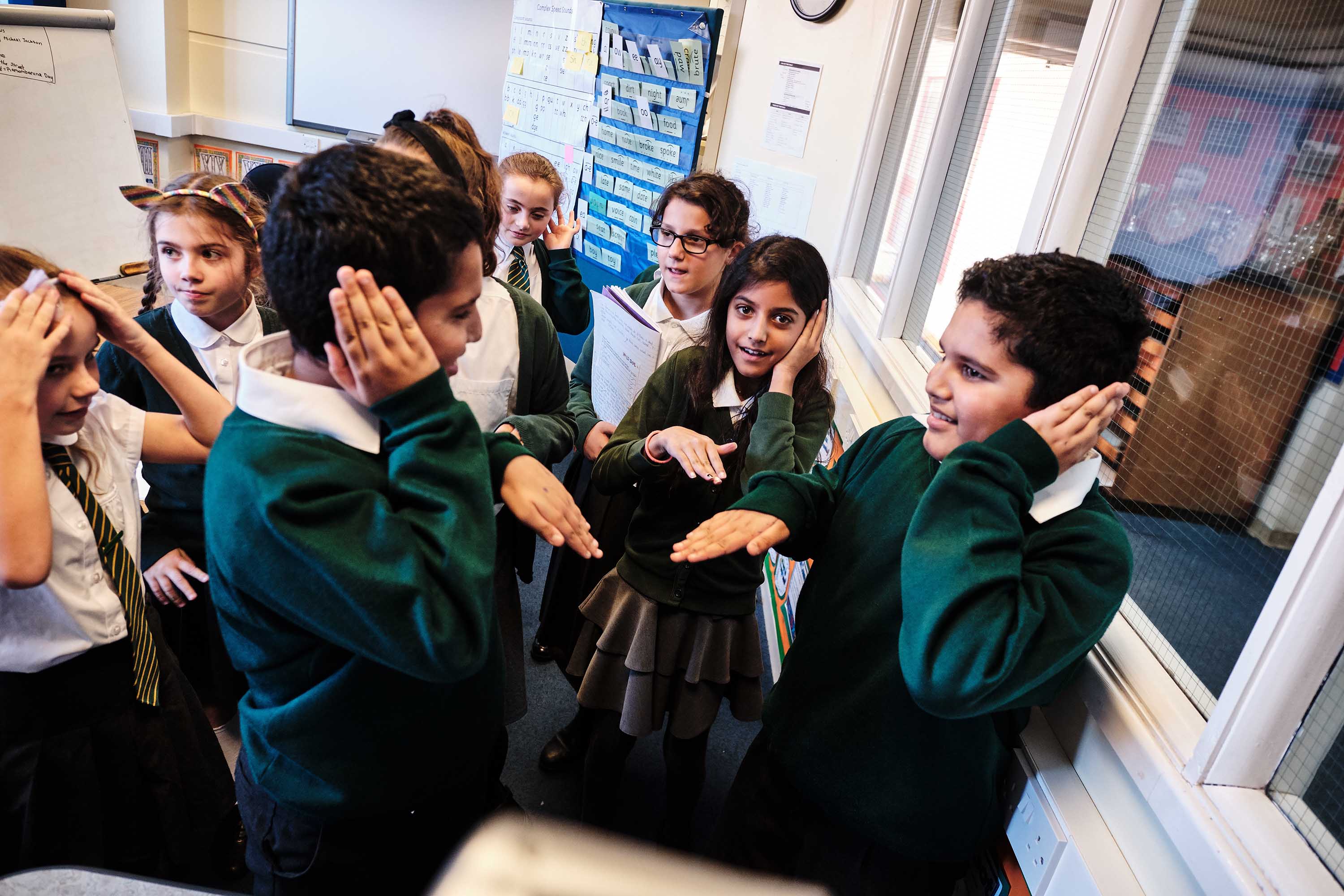
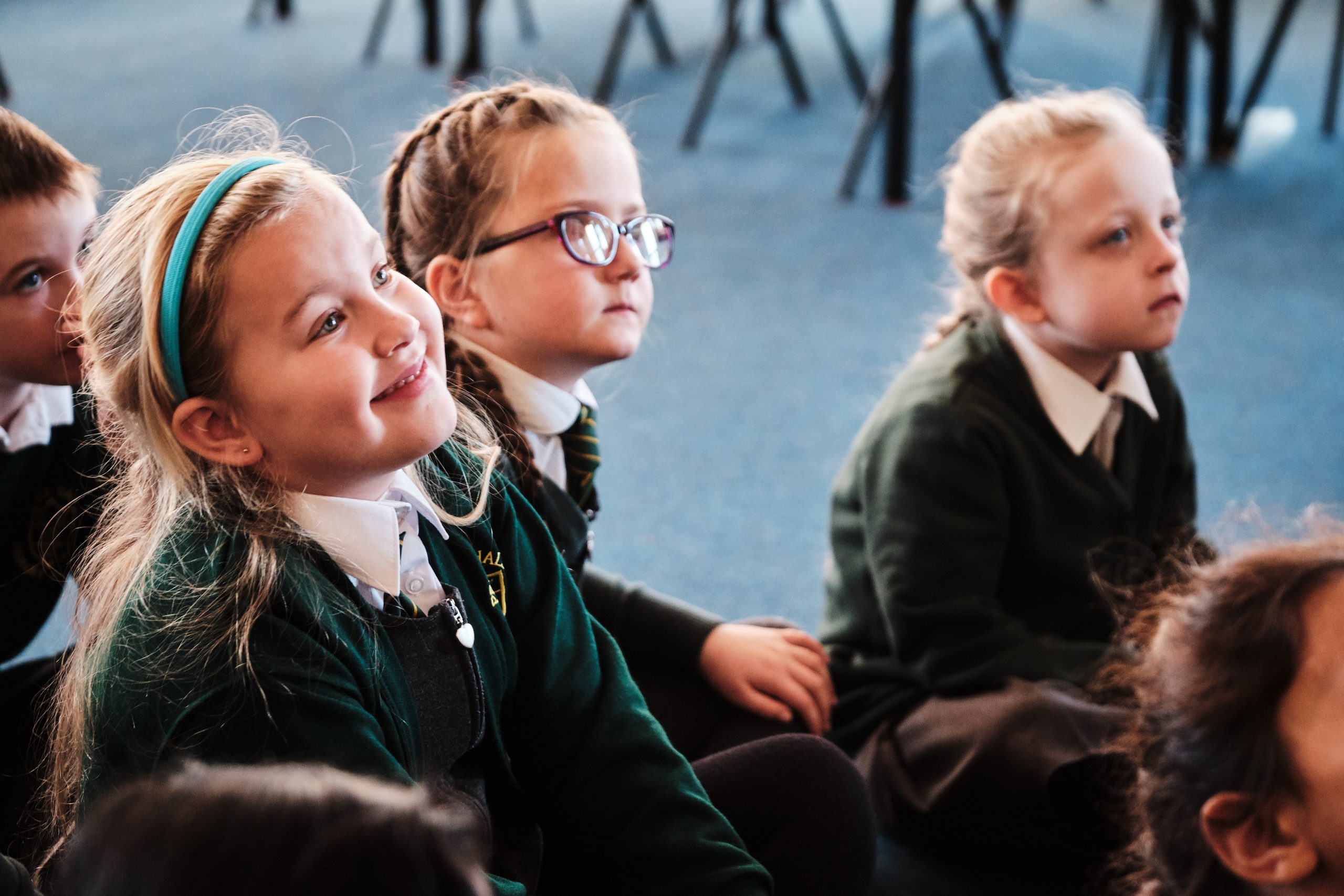
WHY IS MUSIC IMPORTANT TO OUR CHILDREN?
Year 2 Child
We like learning the ukulele and we sing and move to the music.
Year 6 Child
We learn how to play instruments and about music from other cultures.
Our subject leader
Click here for our subject leader biography.
MUSIC in EYFS
This document demonstrates which statements from the 2021 Birth to 5 Matters are prerequisite skills for Music within the national curriculum. The table below outlines the most relevant statements taken from the Early Learning Goals in the EYFS statutory framework and the Birth to 5 Matters age ranges for Three and Four-Year-Olds and Reception to match the programme of study for history.
The most relevant statements for Music are taken from the following area of learning: Expressive Arts and Design
Twos provision
- Join in with songs and rhymes, making some sounds.
- Make rhythmical and repetitive sounds.
- Explore a range of sound-makers and instruments and play them in different ways.
Nursery
- Remember and sing entire songs.
- Sing the pitch of a tone sung by another person (‘pitch match’).
- Sing the melodic shape (moving melody, such as up and down, down and up) of familiar songs.
- Create their own songs or improvise a song around one they know.
- Play instruments with increasing control to express their feelings and ideas.
Reception
- Sing in a group or on their own, increasingly matching the pitch and following the melody.
- Explore and engage in music making and dance, performing solo or in groups
End of Reception Early Learning Goals (ELG)
Being Imaginative and Expressive
- Sing a range of well-known nursery rhymes and songs.
- Perform songs, rhymes, poems and stories with others, and (when appropriate) try to move in time with music.
Cultural Capital opportunities in MUSIC
EYFS
-
Nursery rhymes and songs
-
Christmas performance
-
Varied genres of music studied through scheme (Charanga)
Key Stage 1
-
Varied genres of music studied through scheme (Charanga)
-
Christmas performance
-
Music school supplementing curriculum – vocal coach and instrument teachers
Key Stage 2
-
Varied genres of music studied through scheme (Charanga)
-
Christmas performance
-
Music school supplementing curriculum – vocal coach and instrument teachers
